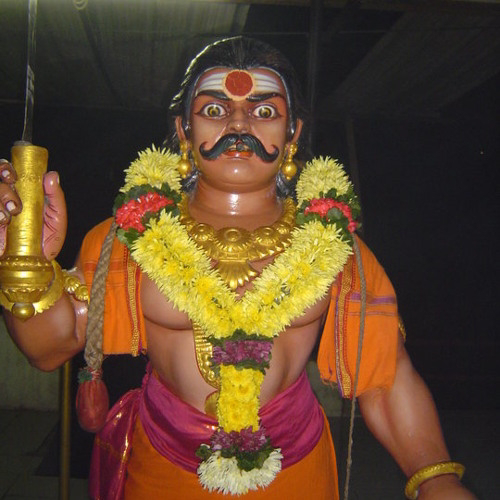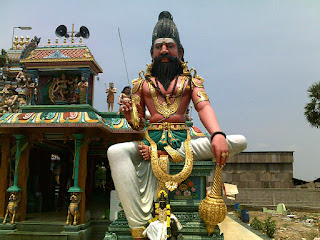History of Siva Muni – Supreme Ascetic of the Saptha Munis

Siva Muni is a highly respected guardian deity in the folk and devotional traditions of South India, especially in Tamil Nadu. He is widely worshipped as a protective and disciplined form connected to Lord Shiva. For many devotees, Siva Muni is not only a village guardian but also a spiritual guide who brings stability, courage, and inner peace. In traditional belief, Siva Muni represents the calm, disciplined, and watchful aspect of Shiva. Unlike fierce guardian forms, Siva Muni is generally understood as peaceful in nature, yet firm in protection. Devotees approach him for safety, mental clarity, and guidance in life decisions. His worship is deeply rooted in family traditions, village boundaries, and ancestral faith. This guide presents an understanding of Siva Muni based on devotional traditions, regional worship practices, and long-standing belief systems. It explores his identity, origin, forms, worship methods, temples, festivals, and the benefits devotees assoc...






